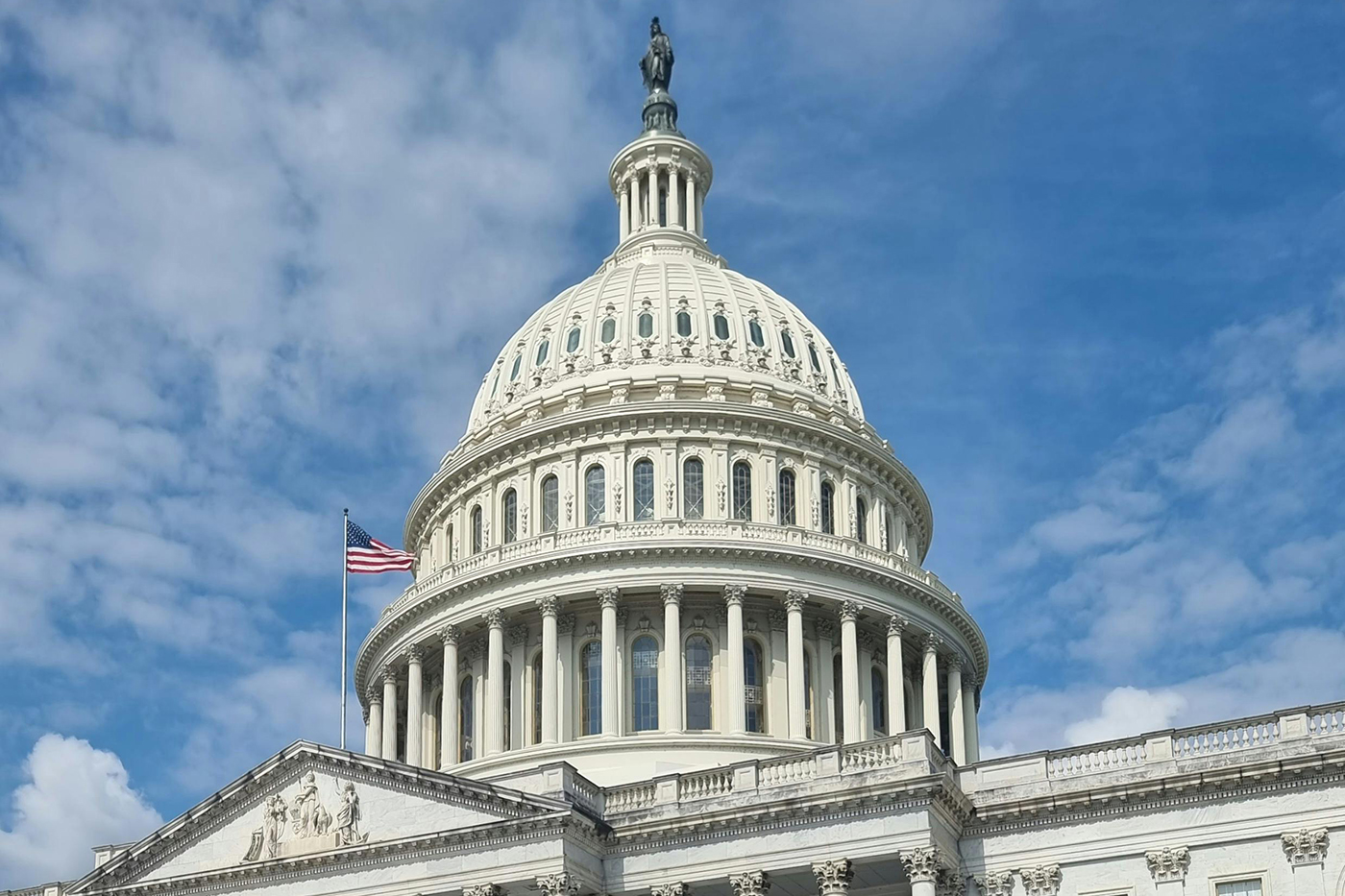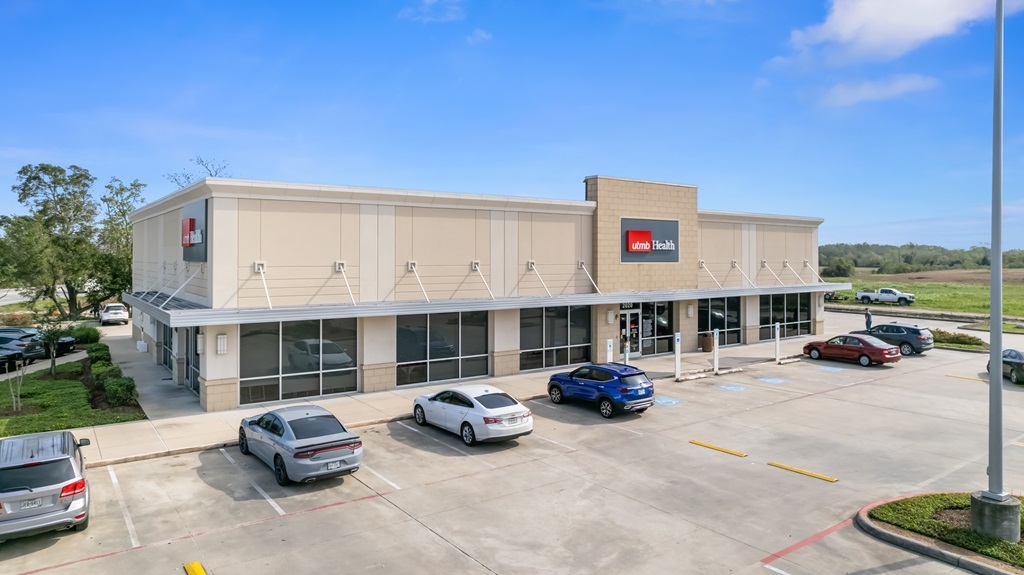
With recent changes to Medicaid policy and the escalating costs of prescription medications, many Washington residents are beginning to question the sustainability and effectiveness of the current private healthcare model. In response to growing concerns, Whole Washington—a grassroots organization advocating for universal healthcare—has renewed its efforts to implement a publicly funded healthcare system in the state.
Whole Washington proposes a single-payer model designed to provide comprehensive healthcare coverage for all Washingtonians, regardless of income or employment status. The organization argues that such a system would reduce the financial barriers individuals face when seeking medical care and eliminate the administrative complexities often associated with private insurance.
Supporters of the initiative cite increasing out-of-pocket expenses, limited provider networks, and administrative hurdles under the current system as key reasons for seeking reform. They assert that a universal healthcare model would offer equitable and reliable access to care, especially as more residents face uncertainty about public health insurance benefits.
Critics, however, raise concerns about the cost of funding a state-run healthcare system and its potential impact on taxes and the economy. Nonetheless, Whole Washington maintains that the long-term savings from administrative efficiencies and bulk purchasing of medications could offset initial implementation costs.
The debate continues as Whole Washington works to gather public support and legislative backing for its proposal, aiming to place a universal healthcare initiative on the statewide ballot in future elections. With healthcare affordability and access remaining top concerns for voters, the outcome of this push may significantly influence the state’s healthcare landscape in the coming years.
Source: https:// – Courtesy of the original publisher.








